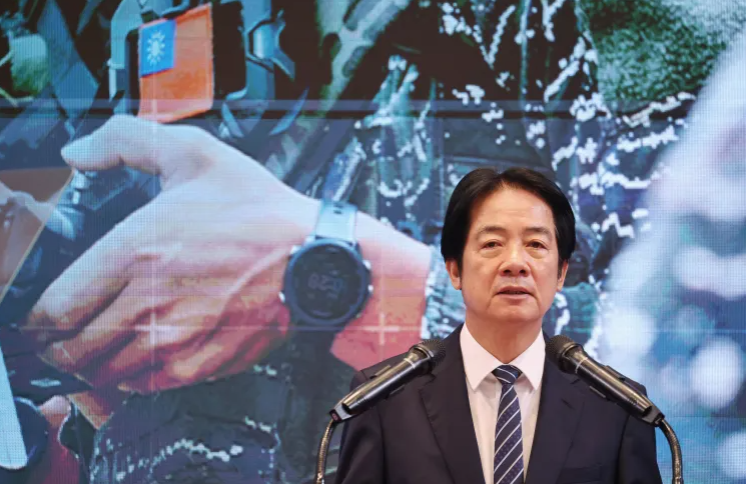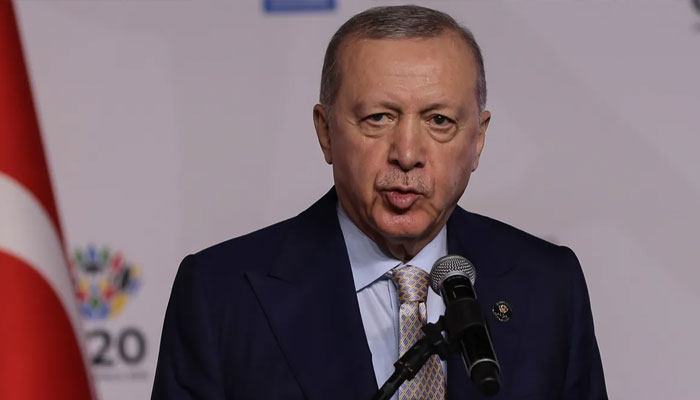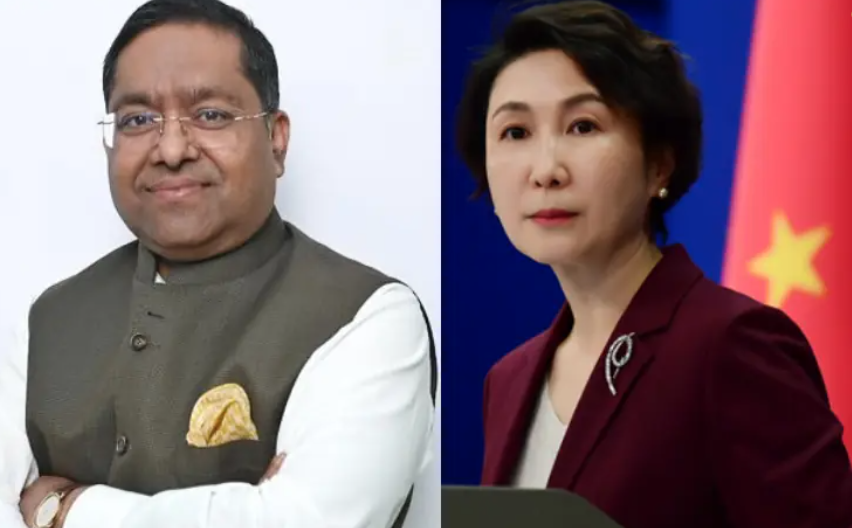WORLD NEWS

Taiwanese President William Lai Ching-te has announced a $40 billion defence spending plan over the next eight years, aiming to move “closer to the vision of an unassailable Taiwan, safeguarded by innovation and technology.”
Taiwan has steadily increased defence spending over the past decade, a trend further encouraged by former US President Donald Trump’s administration as a deterrent against a potential Chinese attempt to reclaim the self-ruled island.
At a press conference in Taipei, Lai said the military seeks a “high level” of joint combat readiness against China by 2027, a timeline US officials have previously cited as a potential window for Chinese military action. “The ultimate goal is to establish defence capabilities that can permanently safeguard democratic Taiwan,” Lai said.
The $40 billion budget surpasses previous proposals of $32 billion and is expected to fund new arms purchases from the US and enhance Taiwan’s asymmetric warfare capabilities. Lai emphasized that the spending is not linked to ongoing tariff negotiations with the US, but rather demonstrates Taiwan’s determination to defend itself.
US Reaction and Support
US envoy Raymond Greene welcomed the plan, urging Taiwan’s rival parties to find consensus on defence spending. Earlier this month, the US approved $330 million in parts and components, marking Washington’s first military sale to Taiwan since Trump’s return to the White House.
Lai’s Democratic Progressive Party (DPP) aims to raise annual defence spending to over 3 percent of GDP next year and 5 percent by 2030. Trump has called for Taiwan to spend as much as 10 percent of GDP, far above the level of the US or other key allies.
Political and Diplomatic Context
The plan comes amid rising regional tensions, including a diplomatic dispute between Tokyo and Beijing after Japanese Prime Minister Sanae Takaichi suggested Japan might intervene militarily if Taiwan were attacked. China continues to claim Taiwan as part of its territory and has threatened to use force to assert control.
The proposed spending may face hurdles in Taiwan’s parliament, where the opposition Kuomintang (KMT) party, which favors closer ties with China, holds significant influence over the budget. KMT chairperson Cheng Li-wun has previously opposed large-scale defence spending, citing financial constraints.
Lai also announced plans to accelerate the development of the “T-Dome,” a multi-layered air defence system designed to strengthen Taiwan’s military resilience through technological innovation.




